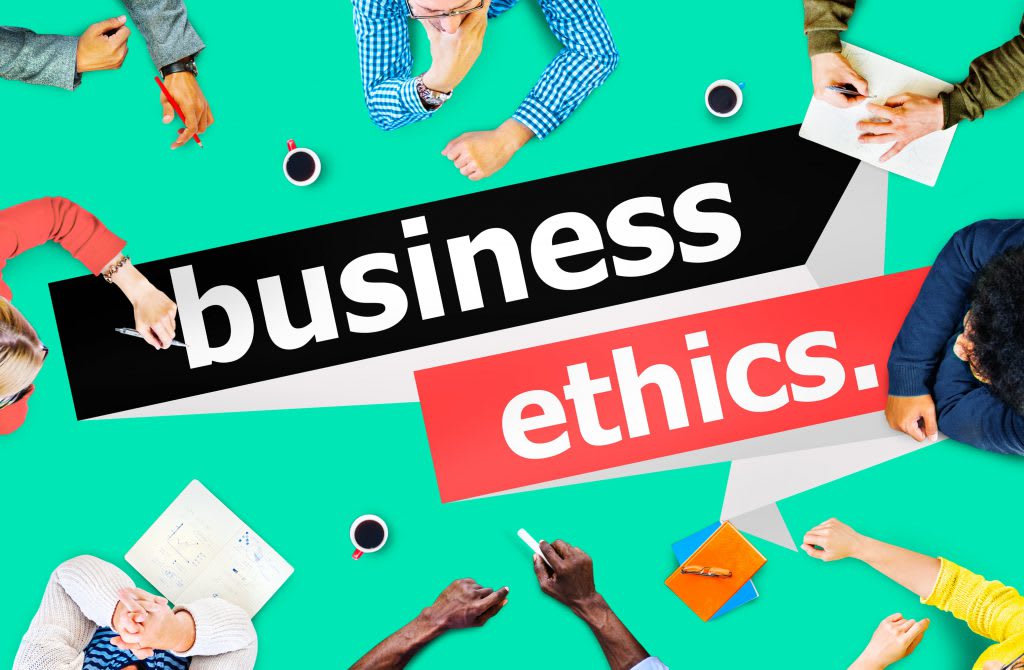How the Lack of Business Ethics Is Destructive to a Firm's Longevity
Unethical People on the Labor Force

In today’s business world, it is important to establish certain standards to maintain ethical behavior and moral values. Each individual holds different principles that are shaped early in life by family, religion, educational background, and culture. These help create order and equilibrium among people, and keep a peaceful atmosphere in family, institutions, and in the workplace. In this latter one, ethics play an essential role in the longevity of a firm, regardless of its nature or the industry it belongs to.
Business ethics and firm’s performance are very related to each other. For firms, business ethics; the moral principles and standards that guide behavior in the world of business, represent a key pillar in the growth and development, but above all, the success of the firm. For firms, employees are the channel to achieve success. All the employees within an organization are given trustworthiness to perform their job according to the respective written codes that the organization has approved. Each of them is expected to have transparency in any given task, integrity in teamwork, and behave in a professional way at the workplace.
There are numerous motives that urge workers to act unethically. Main motives may be resentment, revenge, and the need for money. When there are “leakages” of these ethics, employees tend to place personal interest over the interest of the company and the welfare of the community, start losing the team spirit, and abandon the mission of the firm. Usually, an individual may not act alone. He or she would need complicity from co-workers to behave unethically. Such conducts lead to fraudulent actions that prejudice the organization’s reputation and call in question its capabilities and previous achievements. Besides that, it blocks the development and growth of the firm and for workers.
Firstly, lack of ethics means lack of trust among workers and between the various levels of an organization. Ethics goes from the top-level positions to the lowest ones, going through upper-level managers and frontline workers. Within an organization, employees are the reflection of their leaders, and management. That is why they should serve as an example by acting responsibly at all time in the workplace. If high ethics receive top priority, workers at all levels are more likely to behave ethically.
Secondly, the lack of ethics can affect stakeholders. Firms are always interacting with suppliers, new customers, new entrants, and rivals. As Stacy Zeiger states in her article: “Effects of a Lack of Ethics on a Business Environment,” “If lack of ethics in a business becomes public knowledge, that business loses credibility... Even if a business recovers from news about its lack of ethics, it takes a lot of time and money to restore its image and consumer confidence.” A business may lose its most valuable customers and give great advantage to competitors when unethical practice is discovered; consequently, the customer’s loyalty dies away and is cared by other firms. This is the most destructive weakness for any firm because it relies economically on its customers.
Thirdly, unethical behavior may even affect the environment. Firms have access to society’s labor pull and its natural resources, in which every member of society has a stake. Since firms needs resources to survive, they must show responsibility and commitment with outsiders. Moreover, firms should address social problems such as unemployment, and pollution. They are responsible for creating new jobs and for reducing contamination in their area of operations. Otherwise, harming the environment will only bring temporary prosperity because the firm is not spending time either money in taking care of its surrounding; thus, this selfish behavior will turn to failure
Furthermore, unethical firms alert the government to pursue wrongdoers. Government can impose penalties, fines, sanctions, and even pass new laws to prevent unethical behavior in the business world. A good example is the Sarbanes-Oxley Act, which establishes strict accounting and reporting rules in order to make senior managers more accountable and to improve and maintain investor confidence. The enactment of new laws enforces ethics and ensures a legal environment. Indirectly, these can impact negatively to future entrepreneurs and workers.
In conclusion, a firm should avoid at all cost the unethical behavior. Ethics determines the firm’s longevity and how ethical it is within its borders as entity, stakeholders, and business environment. In addition, make clear the ethics code for everyone in the organization to follow. Regardless in what country a firm is or its culture, there is always vital values such as respect, honesty, integrity, tolerance, and trust that should prevail for the well-being of everyone involved with the firm.
About the Creator
Alexander Sarmiento
I'm a flight attendant, day trader, and freelance writer.






Comments
There are no comments for this story
Be the first to respond and start the conversation.